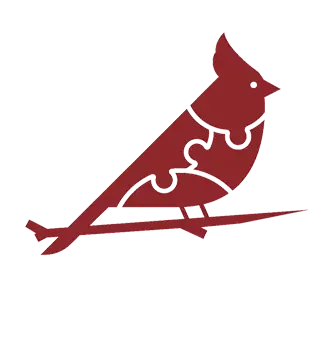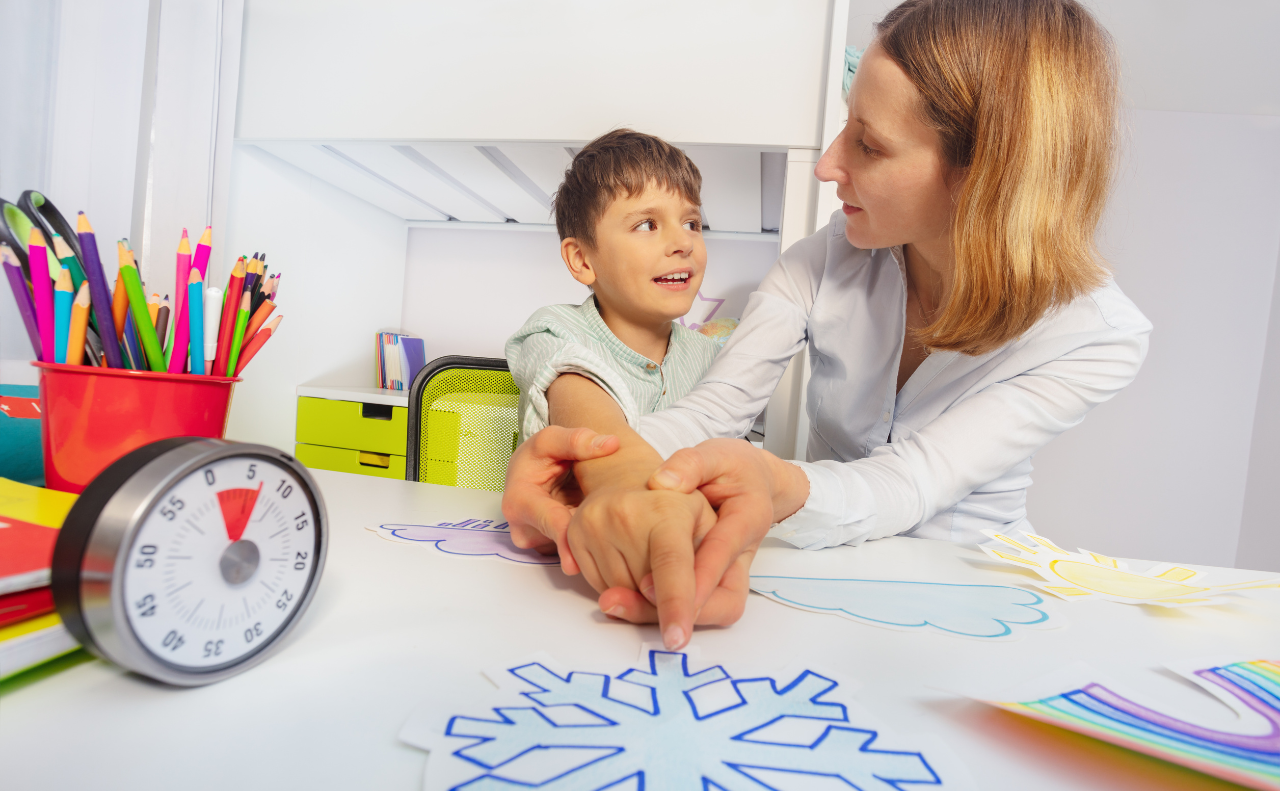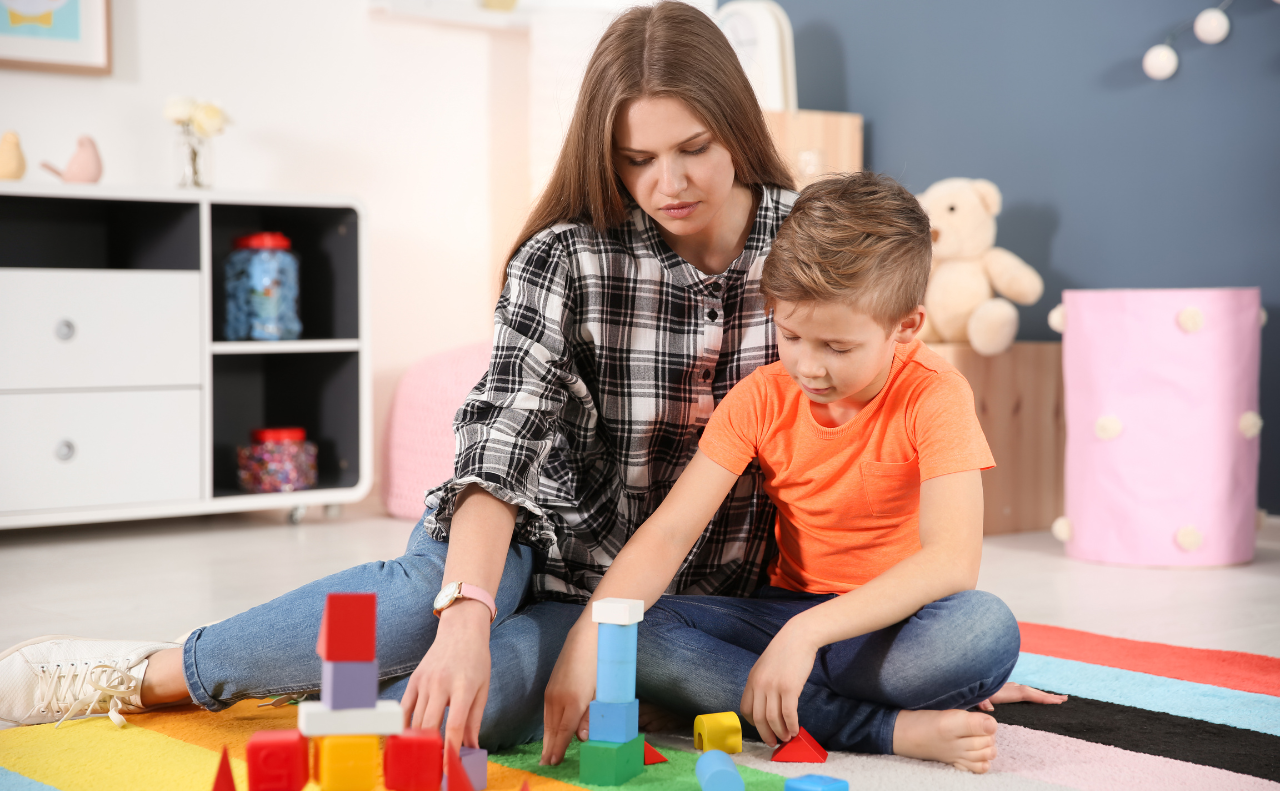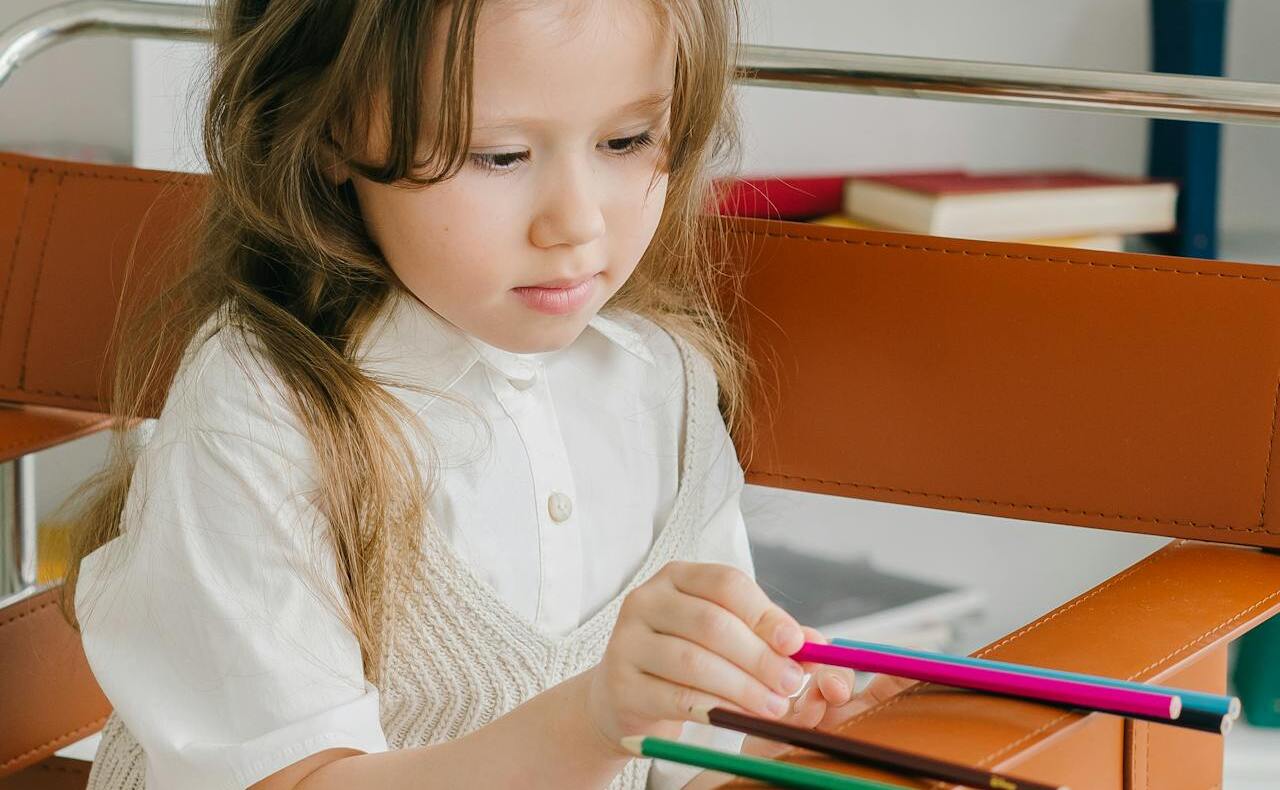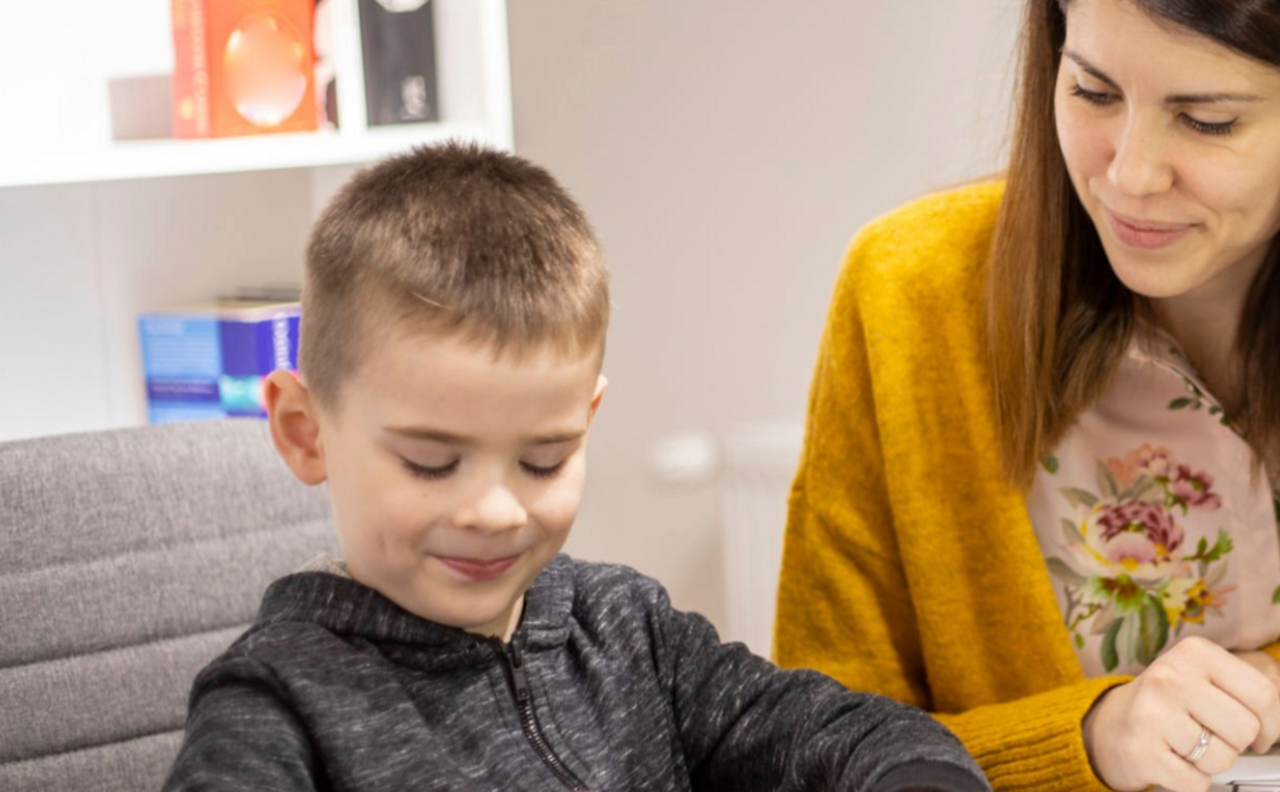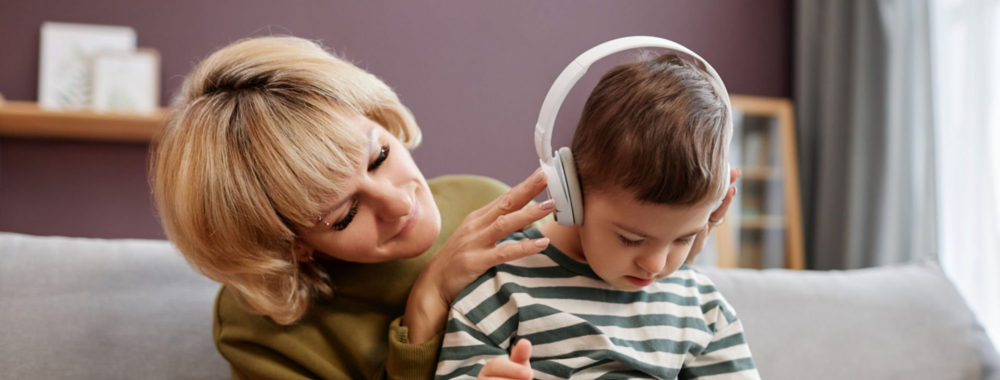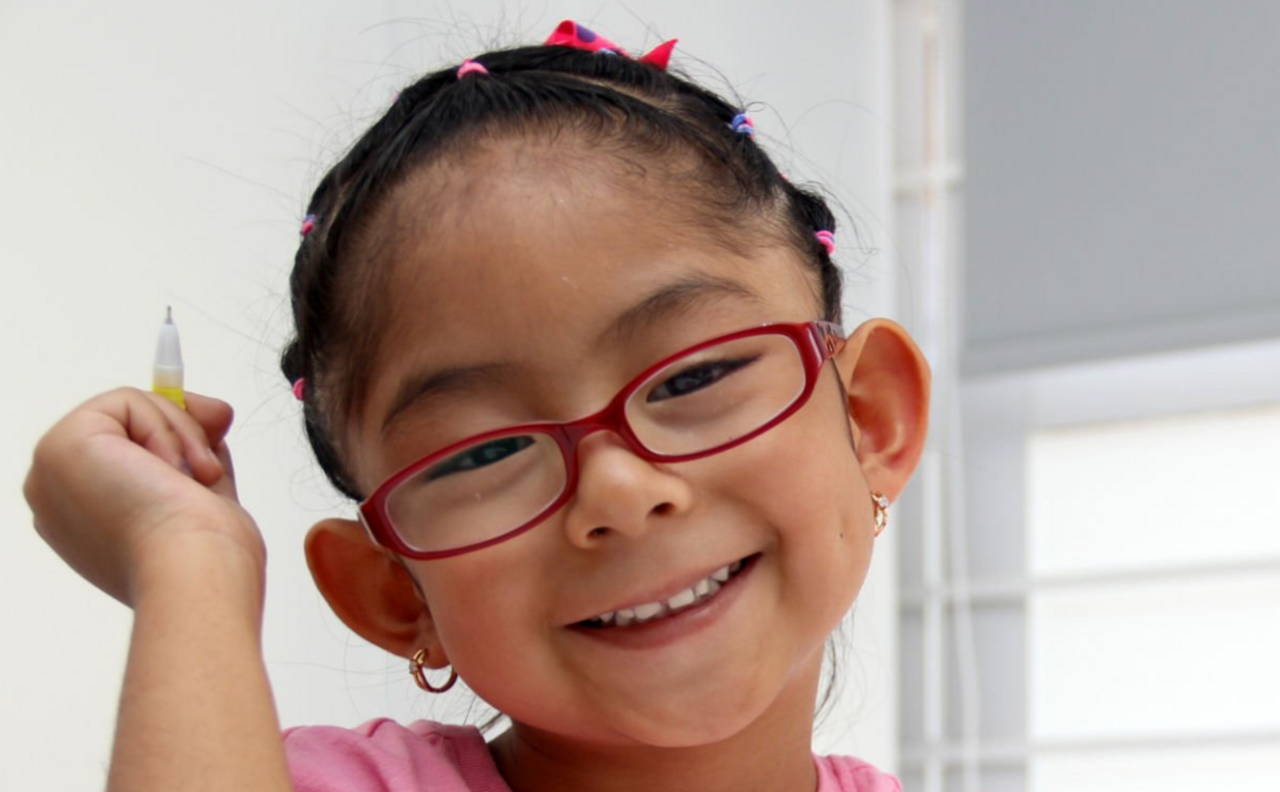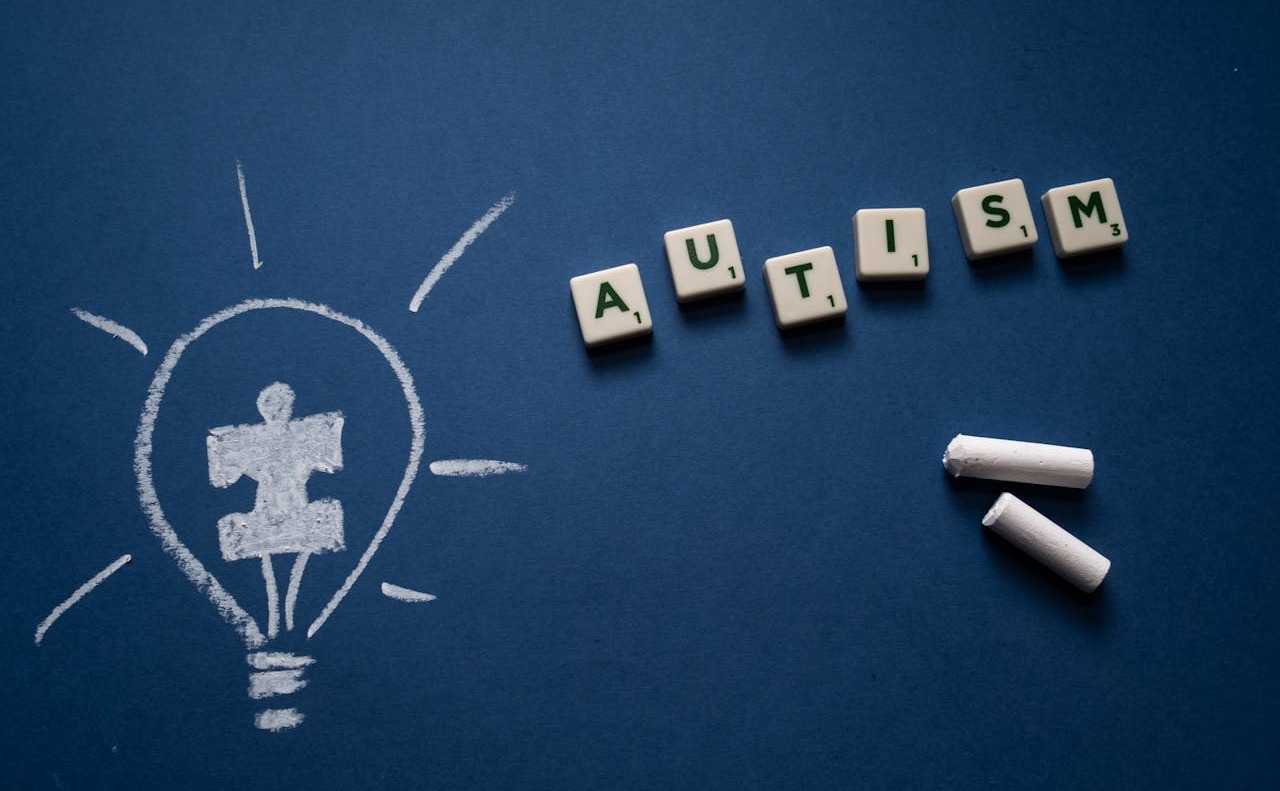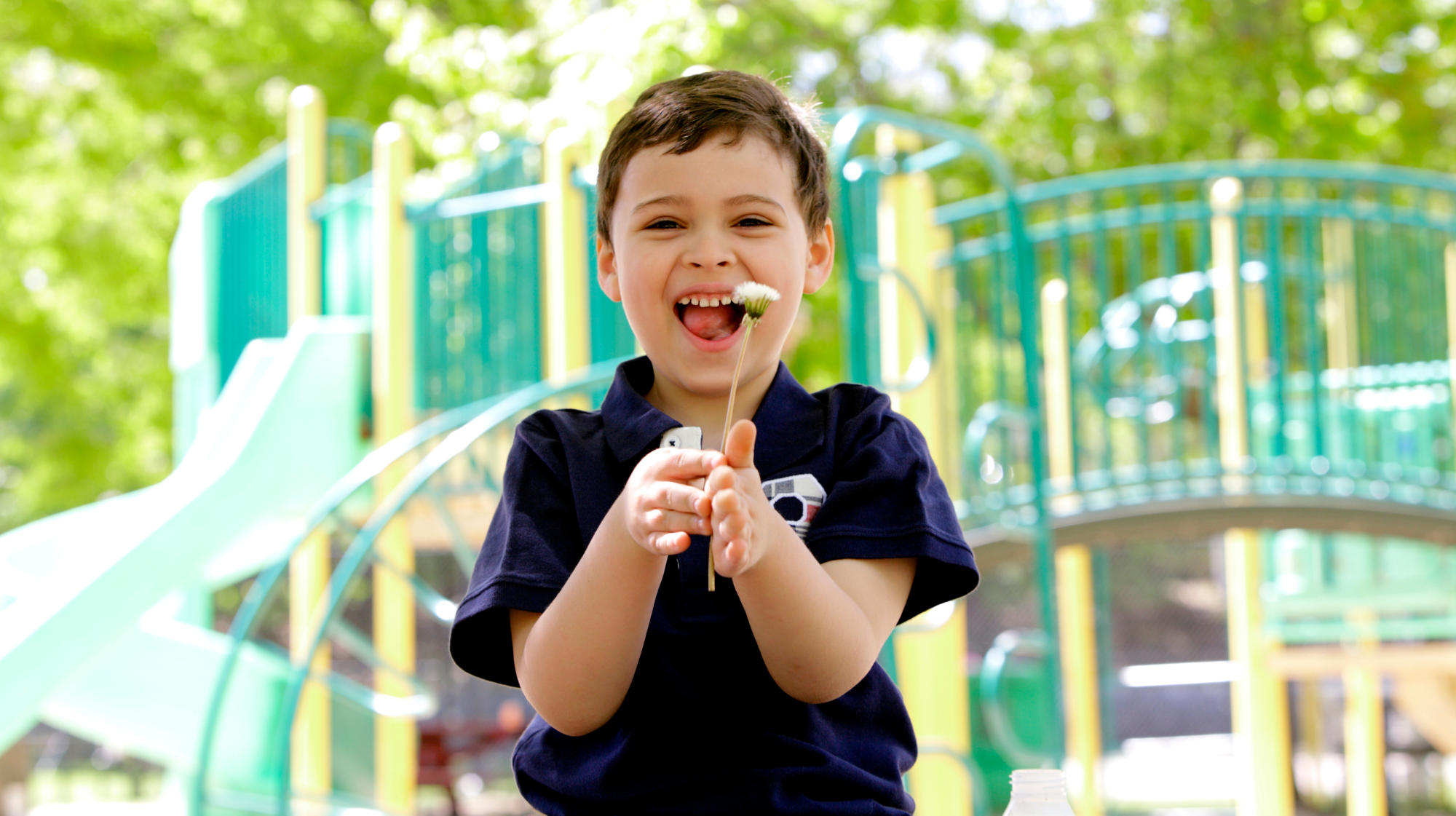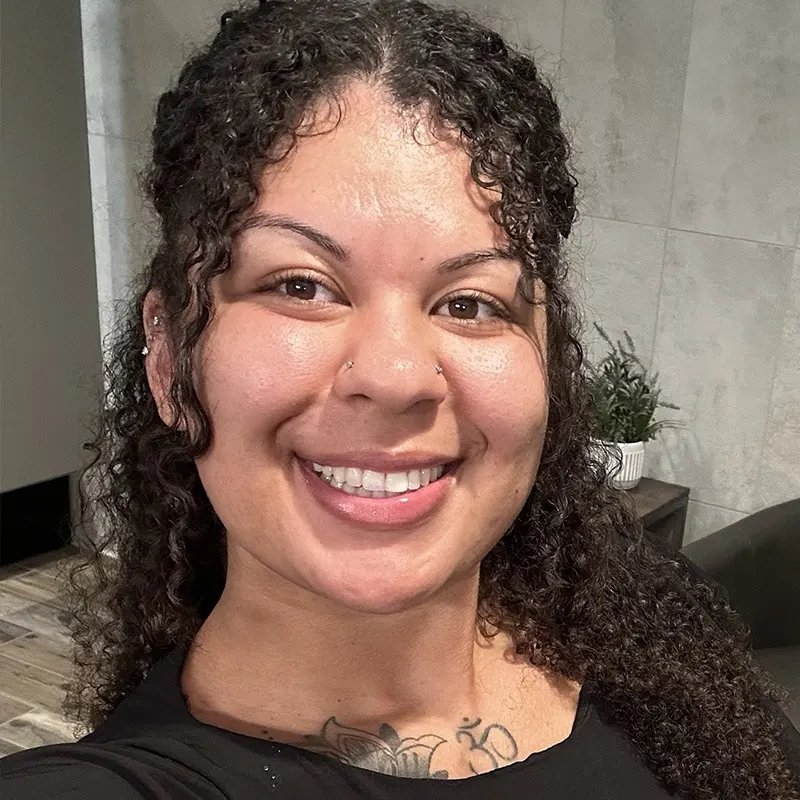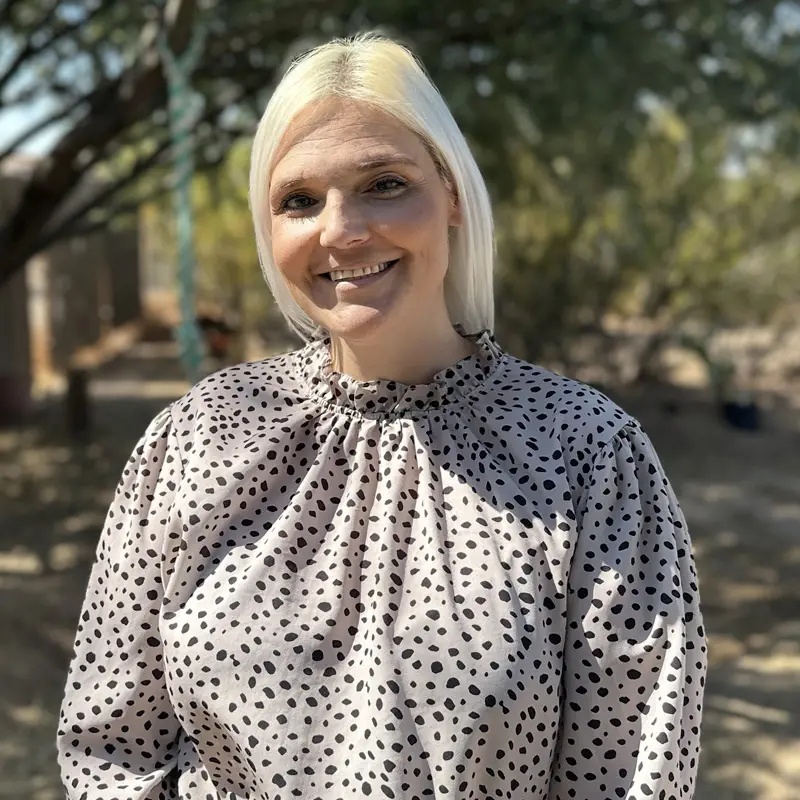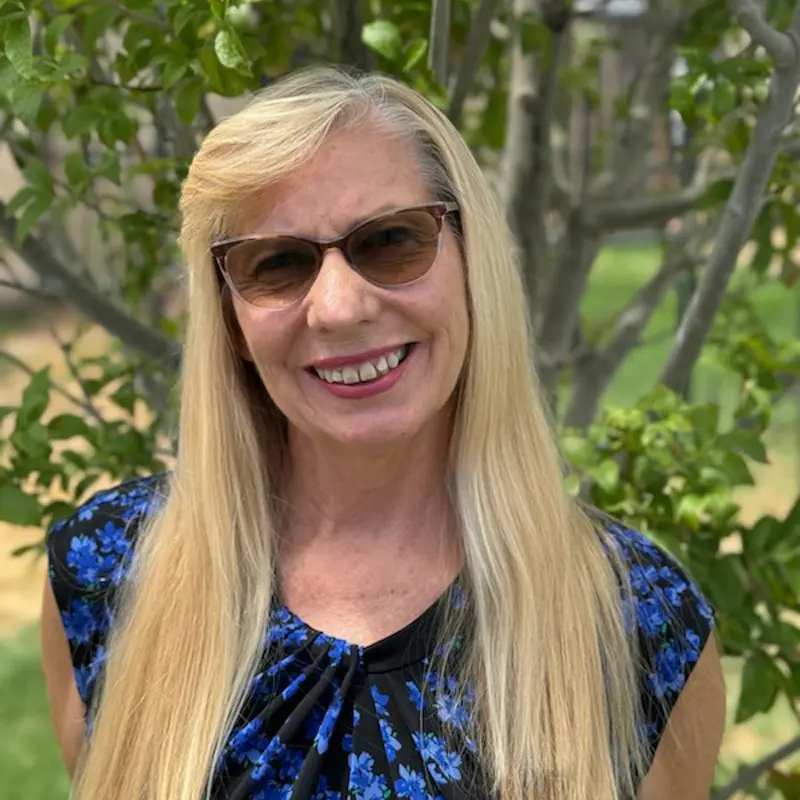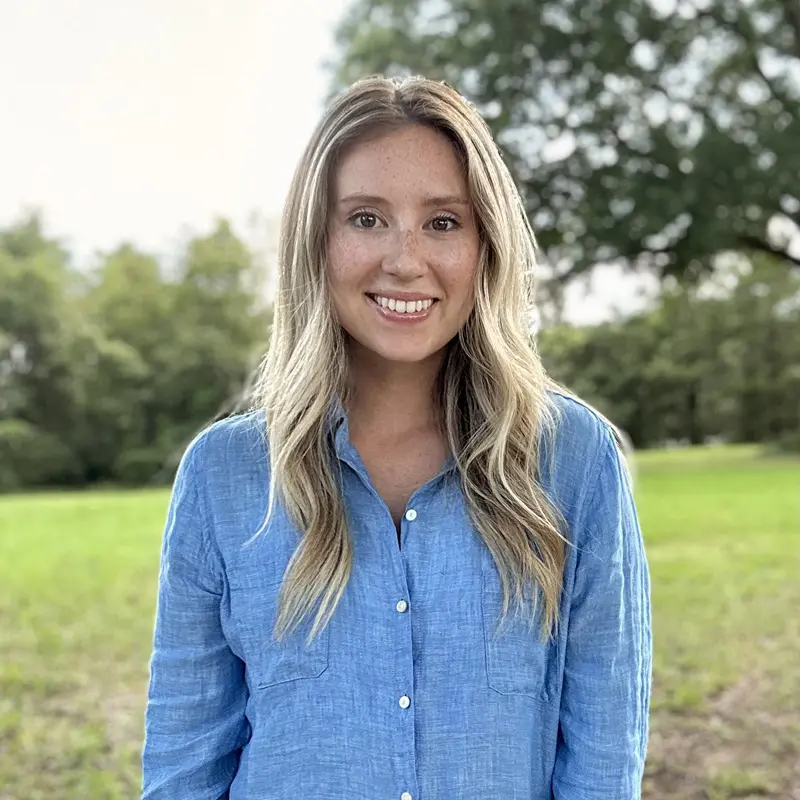Children on the autism spectrum experience the world in unique ways. For many families, finding meaningful ways to support communication, sensory regulation, behavior, and independence can feel overwhelming. Fortunately, therapeutic activities provide a structured, engaging, and developmentally appropriate way to help children with autism grow and thrive.
At Cardinal Pediatric Therapies, we believe that learning should be an active, personalized, and engaging experience. Our therapy programs are built on a foundation of evidence-based practices that integrate purposeful play, social engagement, and individualized strategies. Whether through Applied Behavior Analysis (ABA), speech therapy, or occupational therapy, therapeutic activities play a key role in helping children gain confidence and independence in their daily lives.
This article examines therapeutic activities for autism, their benefits to children, and how parents and caregivers can utilize them to foster growth both at home and in collaboration with a professional therapy team.

What Are Therapeutic Activities for Autism?
Therapeutic activities are structured tasks or play-based exercises that promote the development of skills in areas such as communication, social interaction, motor coordination, and daily living. Unlike casual or free play, these activities are guided by specific goals and often adapted to match a child’s unique strengths and challenges.
Therapeutic activities are most effective when integrated into professional therapy services such as:
- ABA Therapy: Focuses on reinforcing positive behaviors and teaching skills through repetition and reward.
- Speech Therapy: Helps children improve expressive and receptive language, articulation, and communication skills.
- Classroom Readiness Programs: Supports sensory integration, fine motor skills, self-care routines, and emotional regulation.
At Cardinal Pediatric Therapies, our therapists utilize a range of therapeutic activities tailored to each child’s unique learning profile, interests, and goals. These activities are delivered in one-on-one or small group settings, either in the clinic or at home, depending on the child’s and family’s needs.

Benefits of Therapeutic Activities for Children with Autism
Therapeutic activities do more than fill time. When developed and guided by skilled professionals, these activities deliver measurable benefits in the areas that matter most for children on the autism spectrum.
Communication Development
Therapeutic activities help children develop foundational language skills, even if they are nonverbal or have delayed speech development. Visual aids, gestures, sign language, and alternative communication tools are often introduced through structured play, making learning more accessible and enjoyable.
Emotional Regulation
Children with autism often struggle to identify, express, or manage their emotions. Therapeutic activities can introduce calming techniques, build tolerance to frustration, and teach children how to self-regulate in moments of stress.
Sensory Processing Support
Many children on the autism spectrum are sensitive to sensory input, such as noise, light, texture, or movement. Activities that provide controlled sensory experiences can help children process input more effectively, reducing sensory-related meltdowns and avoidance behaviors.
Motor Skills Development
Fine and gross motor coordination are crucial for independence and school readiness. Therapeutic games and exercises can strengthen hand muscles, improve balance and body awareness, and increase confidence in movement-based tasks.
Social Interaction
Therapeutic activities often include turn-taking, eye contact, joint attention, and other critical social behaviors. These tasks are introduced in ways that feel safe and enjoyable, helping children build the skills needed to connect with peers and caregivers.
Functional Independence
By practicing real-life skills such as brushing their teeth, putting on shoes, or packing a backpack, children develop autonomy and confidence. Therapeutic activities provide a step-by-step approach to mastering these routines.
Types of Therapeutic Activities for Autism
Therapeutic activities vary depending on the child’s developmental stage and therapy goals. Below are examples of activity types commonly used across ABA, speech, and occupational therapy programs.
Communication and Language Activities
- Picture Exchange Communication System (PECS): Helps children use pictures to express wants and needs, often a first step toward verbal communication.
- Story Sequencing: Encourages language organization and understanding of cause and effect through illustrated stories or cards.
- Imitation Games: Activities such as clapping, pointing, or repeating sounds help children practice joint attention and learn new words or gestures.
- Verbal Modeling: Therapists and parents repeat clear words or phrases during play, thereby encouraging language development in a meaningful context.
Sensory Integration Activities
- Sensory Bins: Bins filled with rice, beans, or water beads can help children explore textures and build tolerance to different sensory inputs.
- Weighted Blankets or Vests: These tools provide deep pressure input, which can calm children who experience overstimulation.
- Swinging or Jumping Routines: These activities support vestibular regulation and body awareness.
- Texture Exploration: Using shaving cream, playdough, or textured fabrics introduces new sensory experiences in a controlled and positive way.
Social Skills Activities
- Role-Play Games: Practice common social scenarios like greetings, asking for help, or making friends.
- Turn-Taking Games: Board games or ball-passing activities build patience and promote reciprocal interaction.
- Emotion Cards: Visual cards with faces or situations help children learn to identify and name emotions.
- Group Circle Time: Structured group routines, accompanied by songs and shared attention, prepare children for the classroom setting.
Fine and Gross Motor Skill Activities
- Obstacle Courses: Help children improve balance, motor planning, and coordination.
- Beading and Lacing Cards: Support hand-eye coordination and fine motor control, essential for writing and self-care.
- Adaptive Art Projects: Utilizing adaptive tools for cutting, coloring, or painting helps enhance hand strength and creativity.
- Animal Walks: Fun gross motor exercises, such as crab walks or bear crawls, build strength and body awareness.
Daily Living and Self-Care Activities
- Dressing Practice: Activities that teach buttoning, zipping, and shoe-tying support independence at home and school.
- Snack Preparation: Simple cooking tasks improve sequencing, safety awareness, and fine motor skills.
- Visual Schedules: Charts with pictures guide children through routines, such as brushing their teeth or packing a school bag.
- Chore tasks, such as sorting laundry or setting the table, help children feel capable and responsible for their actions.

How Cardinal Pediatric Therapies Integrates Therapeutic Activities
At Cardinal Pediatric Therapies, every therapy plan is customized to the child’s strengths, needs, and family environment. Therapeutic activities are integrated into all of our services, including:
- In-Home ABA Therapy: Activities are adapted to the child’s home routines, creating a seamless learning experience.
- In-Clinic Therapy: Our clinics are equipped with sensory tools, motor equipment, and structured spaces for group and individual therapy.
- Speech Therapy: Activities focus on verbal and nonverbal communication goals, supported with visual tools and modeling.
- Classroom Readiness Programs: Children engage in sensory-rich tasks that develop motor skills, enhance daily living abilities, and promote emotional regulation.
- Parent Coaching: We teach caregivers how to implement therapeutic activities at home to reinforce learning and build consistency.
Our therapists also collaborate across disciplines, ensuring that each child receives a coordinated approach that supports their full development.
Encouraging Therapeutic Play at Home
Parents and caregivers play a vital role in reinforcing therapeutic activities outside of formal therapy sessions. Here are a few tips to help support your child’s growth at home:
- Choose activities your child enjoys: Motivation improves engagement and learning.
- Use visuals and clear steps: Children with autism often benefit from knowing what to expect.
- Celebrate small successes: Positive reinforcement builds confidence and encourages repetition.
- Follow a routine: Structure helps children feel safe and promotes skill retention.
- Collaborate with your therapy team: Ask for recommendations that align with your child’s current goals and objectives.

Get Started With Our ABA Services Today!
Therapeutic activities for autism are more than tools for development. They are gateways to independence, connection, and self-expression. Whether the goal is learning to speak, managing big emotions, or mastering a self-care routine, these activities make progress possible.
At Cardinal Pediatric Therapies, we are proud to help families in Arizona and North Carolina discover the power of purposeful play. Through customized ABA, speech, and occupational therapy programs, we equip children with the skills they need to thrive in their daily lives.
If you are looking for a trusted partner to support your child’s development through therapeutic activities, reach out to Cardinal Pediatric Therapies today.

